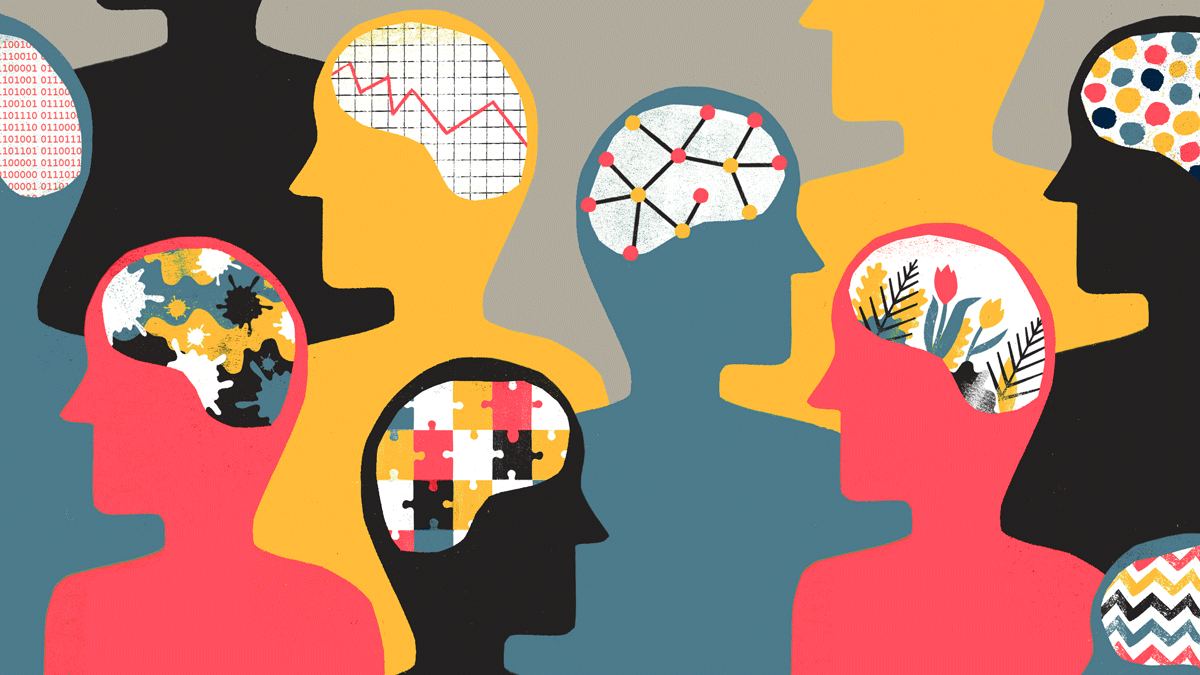
Mental ill health has always been a major issue, with statistics estimating the extent of this scourge running at between one-in-four and one-in-three adults being affected at some point. The truer picture is more likely to be even higher, since mental illness remains stigmatized, with many sufferers choosing to try and mask their symptoms. One area where mental health will have a considerable impact will be where personal relationships are concerned. Everyone likes to flirt online and meet new partners, but once you start a relationship, how can mental illness affect things?
The illness can become all-consuming
There are many different forms of mental ill-health, from anxiety and panic attacks to bipolar disorder, obsessive-compulsive disorder to schizophrenia, and man others besides. Provided these are properly addressed and professional help is sought, it is certainly possible for the person involved to lead a relatively ‘normal’ life. But if the symptoms are not dealt with, the condition can require a lot of patience on the part of the partner. It is obviously far better to keep them in the loop, but with this will come a degree of direct involvement as they learn to cope with their other half’s fluctuating health.
There could be longer-term implications
It’s common for couples enjoying a committed relationship to make plans for the future, whether that involves going on holiday in the near future, or considering moving house, or discussing the possibilities of starting a family. Mental illness doesn’t have to impact any of these decisions, but it’s only natural that it might. People may feel less comfortable about making big decisions together if there is any likelihood of someone’s mental health deteriorating.
People can keep secrets
As stated, one of the tell-tale aspects of mental ill health is attempting to cover up the extent of the situation. From a practical point-of-view, the sufferer will be conscious of their predicament being held against them at their workplace, even although managers are increasingly more likely to take a progressive attitude. In the current climat, patients often feel encouraged to share negative thoughts with their partners, most of whom will not think any less of their loved one. But there will always be some who don’t want to do anything they think might jeopardize their relationship., and keeping secrets of this magnitude can lead to mistrust.
The situation can be extremely stressful
One of the most obvious ways mental ill health will effect any relationship is in the amount of stress it can create. No matter what any person is suffering from – and there be degrees of severity between different types of illness, not to mention individual experiences of any one particular disorder – there will always be a degree of stress for both parties. The mundane activities of making regular visits to their GP or to see other health professionals, as well as ensuring their medication is supervised, will place a strain on a relationship. The partner might find themselves fretting about whether or not their other half has taken their meds when they are supposed to have done. While the patient might have confided in them, they could worry about who else their partner is happy to let in on their secret.
It’s important to keep things in perspective
While it’s important never to trivialize any mental health aspect, especially within the context of a relationship, it’s also worth underscoring people can lead fulfilling lives these days, their situation monitored with appropriate professional assistance. The bottom line is, it can certainly affect a relationship, but the extent to which it does is up to the individuals concerned.
